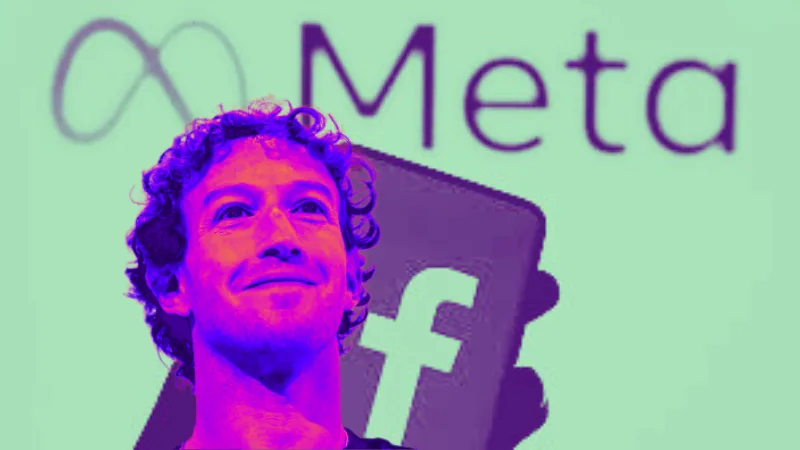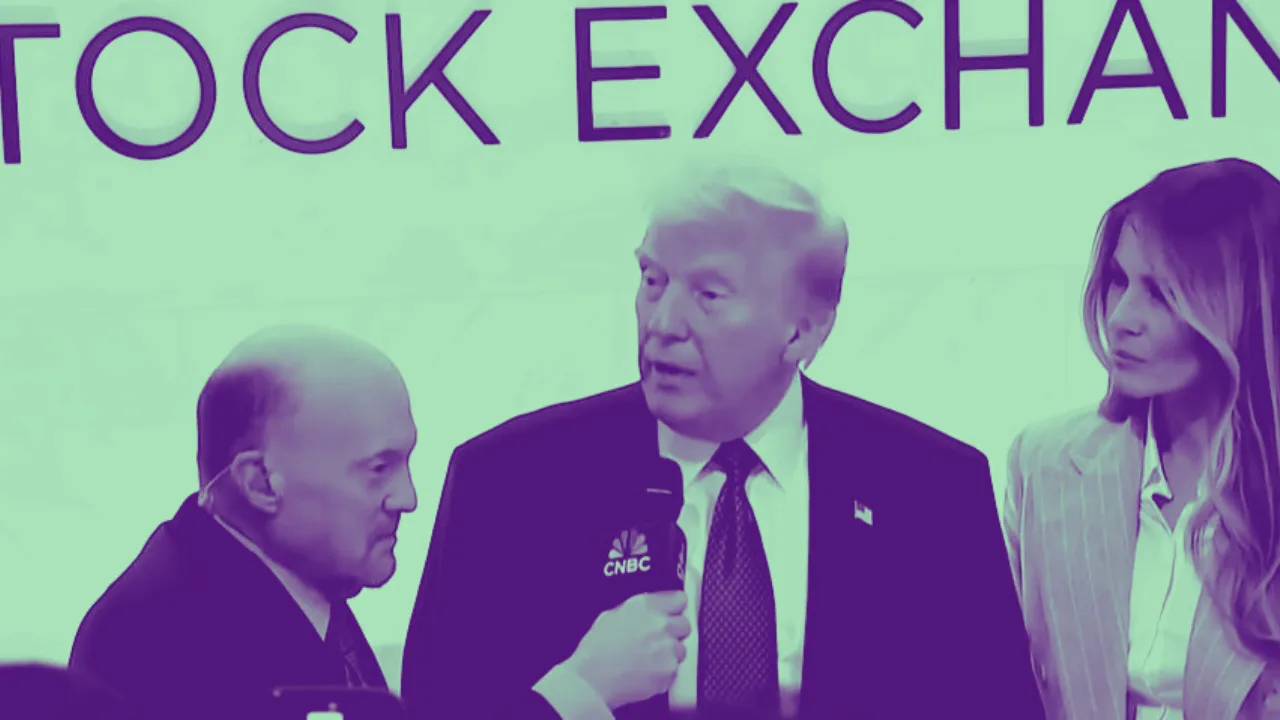Meta Platforms Inc., the parent company of Facebook, Instagram, and Threads, has recently made waves by rolling back its Diversity, Equity, and Inclusion (DEI) initiatives and discontinuing its third-party fact-checking program. These decisions represent significant shifts in the tech giant’s corporate strategy and raise questions about the influence of political dynamics, including the possible return of Donald Trump to the presidency. This article explores these developments, their potential implications, and why they matter to users, businesses, and the broader public.
Meta’s Rollback of DEI Initiatives
Once a proponent of diversity-focused policies, Meta announced the termination of several key DEI programs, including:
- Eliminating DEI Teams: The company disbanded its DEI team, which had been tasked with promoting diversity in hiring, retention, and leadership development.
- Ending the Diverse Slate Approach: A hiring practice that required diverse representation in the candidate pool for roles has been scrapped. Meta now emphasizes “cognitive diversity” rather than prioritizing race, gender, or other protected characteristics.
- Legal and Cultural Pressures: Meta cited recent legal developments, particularly the U.S. Supreme Court’s decision to limit affirmative action in college admissions, as a key reason for its pivot. The company noted that DEI has become a “charged” issue and indicated a desire to focus on merit-based policies.
Expert Opinions on the Rollback of DEI Initiatives
Meta’s decision to dismantle its DEI programs has been met with criticism from various quarters. Critics argue that such rollbacks may undermine efforts to promote workplace diversity and inclusion, potentially leading to a less equitable corporate environment. They express concerns that these actions could signal a retreat from commitments to support historically marginalized groups, thereby affecting employee morale and the company’s public image.
Internally, reactions among Meta employees have been mixed. Some staff members have expressed disappointment and concern over the company’s direction, fearing that the rollback of DEI initiatives may erode the inclusive culture that Meta has previously strived to build. Others, however, view the changes as a move towards a more merit-based system.
Discontinuation of Third-Party Fact-Checking
Meta also announced the termination of its partnerships with third-party fact-checking organizations, which had been instrumental in combating misinformation on its platforms. The company is replacing this system with a user-driven model similar to X’s (formerly Twitter) “Community Notes.”
- Shift to Community Moderation: Under the new system, users can flag and annotate misleading content. While this approach decentralizes moderation, critics argue it could open the door to bad actors spreading false narratives.
- Reasons for the Change: CEO Mark Zuckerberg cited concerns about political bias and a desire to rebuild trust among users as key motivations for the shift.
- Criticism: Fact-checking organizations and experts worry that without professional oversight, misinformation could proliferate, potentially influencing elections and public discourse.
Expert Opinions on the Discontinuation of Fact-Checking
The termination of Meta’s third-party fact-checking program has raised alarms about the potential proliferation of misinformation on its platforms. Experts warn that relying on a community-driven model, akin to X’s “Community Notes,” may not effectively curb the spread of false information. They argue that without professional fact-checkers, the accuracy of content could be compromised, leading to a less informed public and increased polarization.
Additionally, there are concerns that this policy shift may be influenced by political considerations, particularly with the incoming administration. Some experts suggest that the move could be an attempt to align with political pressures favoring less content moderation, potentially at the expense of platform integrity.
Why Are These Changes Happening Now?
Meta’s policy shifts come at a time of significant political and cultural upheaval. While the company has not explicitly linked these changes to Donald Trump, several factors suggest a connection:
1. Anticipating a Trump Presidency
- Trump’s Influence on Big Tech: Throughout his presidency and beyond, Trump has criticized platforms like Facebook for alleged censorship of conservative voices. Meta’s recent moves may be a preemptive effort to neutralize such accusations.
- Avoiding Regulatory Pressure: A Trump administration could push for deregulation of content moderation and more scrutiny of companies perceived to suppress conservative viewpoints. By stepping back from DEI and fact-checking, Meta may be aligning with potential future political trends.
2. Broader Cultural Backlash Against “Woke” Policies
- DEI initiatives have faced increasing resistance from conservative politicians and commentators, who argue that such programs foster division rather than inclusion.
- Meta’s decision mirrors a broader trend among corporations, including McDonald’s and Amazon, scaling back similar initiatives under political and legal pressure.
3. Financial Considerations
- DEI programs and fact-checking partnerships are costly. Amid economic pressures and shareholder demands for profitability, Meta may see these rollbacks as a way to cut expenses while navigating a polarized landscape.
Implications of Meta’s Strategic Shift
1. Misinformation Risks
Ending professional fact-checking could have serious consequences for the quality of information on Meta’s platforms. Without rigorous oversight:
- Misinformation Could Spread Rapidly: Bad actors may exploit the user-driven moderation system to disseminate false narratives.
- Erosion of Public Trust: Users may become skeptical of content on Meta’s platforms, especially during critical events like elections and public health crises.
2. Corporate Responsibility and Equity
The rollback of DEI programs raises questions about Meta’s commitment to fostering an inclusive workplace and society. Critics argue that:
- Talent and Innovation Could Suffer: Diverse teams are often linked to better decision-making and innovation. Meta risks alienating talent by deprioritizing diversity.
- Cultural Repercussions: Employees and consumers who value equity may perceive these moves as regressive, potentially harming Meta’s reputation.
3. Political and Social Polarization
Meta’s changes may deepen divisions in how platforms are perceived by different political groups:
- Winning Back Conservative Users: By dismantling controversial policies, Meta could appeal to conservative users who have migrated to platforms like Truth Social and Rumble.
- Alienating Progressives: Conversely, these moves may alienate liberal users who see DEI and fact-checking as essential safeguards.
Why This Matters to You
Meta’s decisions have far-reaching implications for its users, employees, and society at large:
- For Social Media Users: The quality and reliability of content on Meta’s platforms could decline, making it harder to discern truth from falsehood.
- For Businesses: Companies that rely on Meta for advertising may need to navigate an increasingly polarized audience base.
- For Society: These changes reflect broader cultural and political shifts, influencing how diversity and truth are valued in the corporate world.
Conclusion
Meta’s rollback of DEI initiatives and fact-checking programs marks a significant pivot in its corporate strategy, likely influenced by financial pressures, cultural dynamics, and the anticipation of a shifting political landscape. While these changes may align with certain user and shareholder expectations, they also raise serious concerns about equity, misinformation, and the role of corporate responsibility in shaping a fair and informed society.
As the 2024 election approaches and Donald Trump’s potential return looms, Meta’s actions may signal a broader recalibration of corporate priorities in response to political and cultural pressures. Whether these shifts will benefit or harm Meta and its stakeholders remains an open question, but the stakes are undeniably high.





